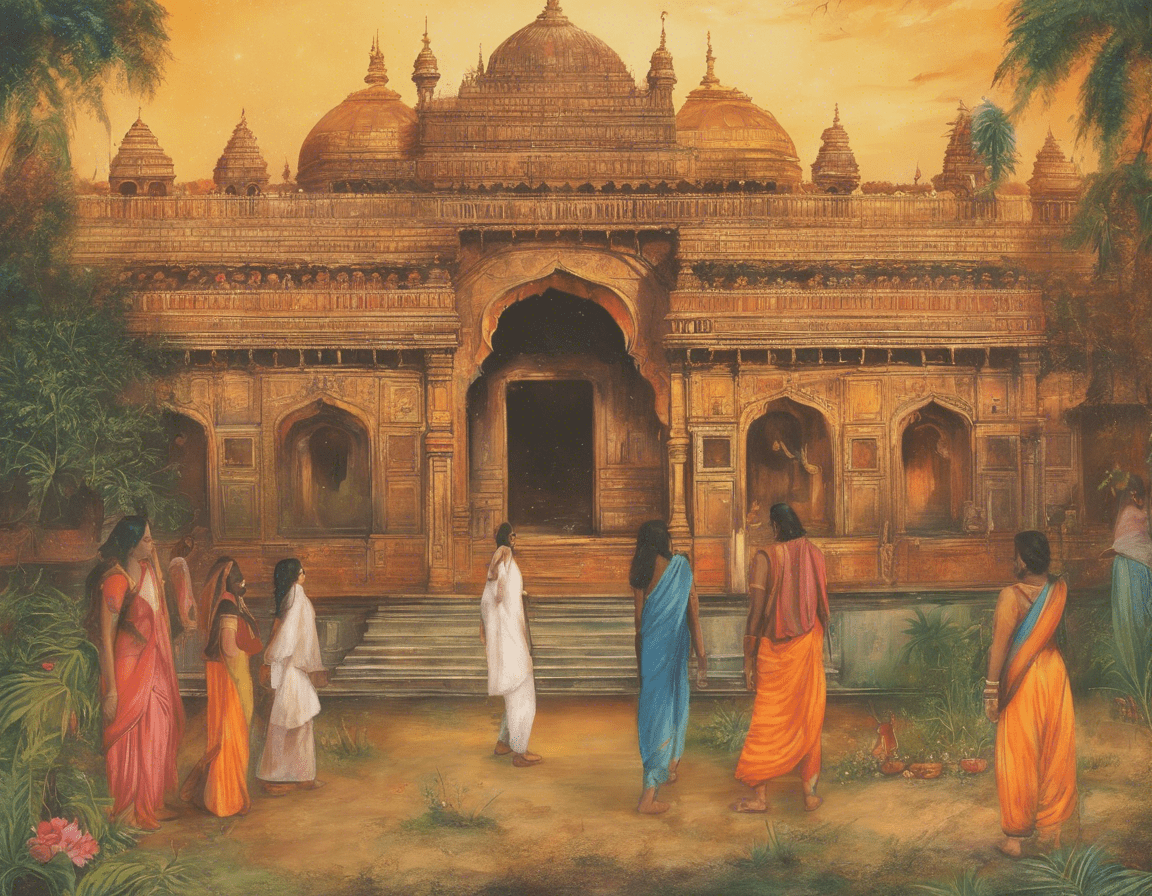blog
September 2023 Purnima: Dates and Significance

Purnima, also known as Full Moon Day, holds immense significance in various cultures and traditions across the globe. It marks the peak of the lunar cycle when the Moon is completely illuminated. In the Hindu calendar, each month has two Purnima days: one in the waxing phase (Shukla Paksha) and the other in the waning phase (Krishna Paksha). Purnima is considered highly auspicious and is associated with various rituals, festivals, and spiritual practices. In September 2023, Purnima falls on the following dates:
Purnima Dates in September 2023:
- September 6, 2023 (Wednesday) – Bhadrapada Purnima
- September 21, 2023 (Thursday) – Ashwin Purnima
Significance of Purnima in Various Cultures:
Hindu Tradition:
- Bhadrapada Purnima: This Purnima falls in the month of Bhadrapada and is also known as Bhadrapada Purnima. It holds special significance as it marks the end of the Pitru Paksha period, a time dedicated to honoring ancestors. Devotees perform rituals like Tarpan (offering water) to pay homage to their forefathers.
- Ashwin Purnima: Falling in the month of Ashwin, this Purnima is celebrated as Sharad Purnima, marking the end of the monsoon season and the beginning of the autumn harvest. People observe this day by fasting, offering prayers, and partaking in cultural festivities.
Buddhist Tradition:
In Buddhism, Purnima is commemorated as Uposatha Day, a time for devout Buddhists to intensify their spiritual practice through meditation, mindfulness, and observance of precepts. It is a day for reflection, purification, and rededication to the path of enlightenment.
Jain Tradition:
For Jains, Purnima is significant as it marks the day of Ananta Chaturdashi, which is observed in the month of Bhadrapada. This day is dedicated to Lord Anant, a form of Lord Vishnu, and devotees perform rituals and offer prayers for protection, prosperity, and well-being.
Spiritual Significance:
Purnima is believed to amplify the energy of the Moon, which is associated with calmness, intuition, and emotional healing. Spiritual practitioners often meditate, chant mantras, and engage in self-reflection on this day to harness the heightened lunar vibrations.
Rituals and Festivities on Purnima:
-
Fasting: Many people observe fasts on Purnima to cleanse the body and mind, seek blessings, and practice self-discipline.
-
Puja and Offerings: Devotees visit temples, perform special prayers (pujas), offer flowers, incense, and sweets to deities, seeking blessings for prosperity and well-being.
-
Charity and Donation: Giving to the less fortunate is considered auspicious on Purnima. Many individuals donate food, clothes, or money to charitable causes.
-
Cultural Celebrations: Purnima often coincides with various cultural festivals and fairs where people come together to celebrate with music, dance, and traditional performances.
-
Moon Gazing: Watching the full moon is a common practice on Purnima, believed to have a calming and rejuvenating effect on the mind and body.
FAQs (Frequently Asked Questions):
1. What is the spiritual significance of Purnima?
Purnima is believed to enhance intuitive abilities and is considered ideal for spiritual practices like meditation, chanting, and self-reflection.
2. Are there any specific rituals to be performed on Purnima?
Common rituals include fasting, offering prayers at temples, performing puja, donating to charity, and spending time in introspection.
3. Why is Sharad Purnima significant in Hinduism?
Sharad Purnima, falling in the autumn season, is associated with the end of monsoon and the beginning of the harvest season. It is considered auspicious for spiritual growth and prosperity.
4. How is Purnima celebrated in Buddhist tradition?
In Buddhism, Purnima is observed as Uposatha Day, a time for increased focus on meditation, mindfulness, and adherence to the Buddhist precepts.
5. What is the importance of Ananta Chaturdashi for Jains?
Ananta Chaturdashi, celebrated on Bhadrapada Purnima, is significant for Jains as it is dedicated to seeking blessings from Lord Anant for protection and well-being.
Conclusion:
Purnima holds deep spiritual and cultural significance across various traditions and is a time for purification, reflection, and seeking blessings. Whether through fasting, puja, charity, or meditation, Purnima provides an opportunity for individuals to connect with their inner selves and higher powers. Embracing the celestial energies of the full moon, people come together to celebrate life, gratitude, and the cyclical nature of existence on these auspicious days.









